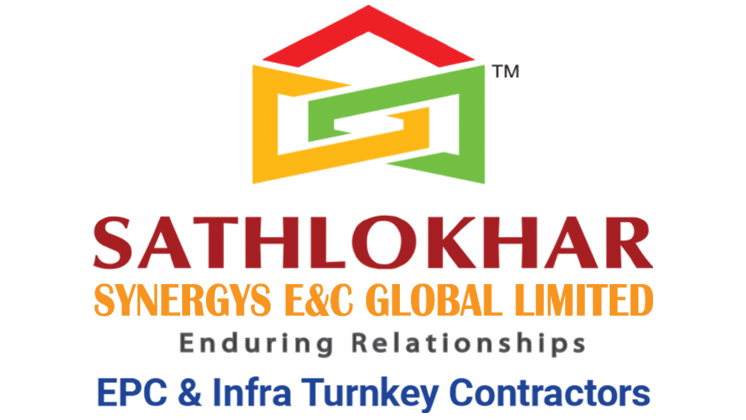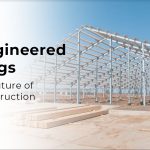Benefits of EPC (Design-Build) contracts in infrastructure
Infrastructure projects of the present day require exactness, proper use of time and resources and account for the actions taken. The EPC (Engineering, Procurement and Construction) contract which is also called the design-build model, integrates all these three into one framework. Clients who would have dealt with various contractors now have only one EPC company that manages design, procurement and execution on their behalf. Consequently, a lot of reliable building contractors in Chennai have embraced this method to complete the infrastructure projects that are timely, intelligent and eco-friendly.
Understanding EPC Contracts
An EPC agreement essentially hands over the complete responsibility of the design, the supply of the materials, and the construction to a single entity. This single-point accountability makes the communication flow easier, keeps the waiting periods shorter, and most importantly, it guarantees that the design is built as per the architect’s idea.
In contrast to the conventional contracts where coordination lapses may result in the team’s setbacks, the EPC models make it possible for the teams to have tighter integration. Consequently, this leads to an efficient process from concept to completion.
1. Streamlined Project Delivery
By combining design and construction, the team can work together in real time and quickly adjust to any changes in the design. Since all the stages are being handled by the same company, there are no dependencies between different contractors.
Conflicts and overlaps in tasks that are typical in traditional project management are completely removed by the EPC model, thus the projects can move forward without any interruptions. As a result, the turnaround time is shortened and there is a closer coordination between the planning and the execution stages.
2. Cost and Schedule Certainty
First of all, an EPC contract is largely beneficial because its predicting capability is enhanced. The whole project time and money are determined before the start of the project, so the clients get precise results or expectations.
As a result, the same company is responsible for procurement, engineering and construction ,thus the delays and the increase of expenses are cut down to a very low level. Customers receive the following benefits:
- Fixed delivery schedules
- Open cost management
- Few changes in the contract
The importance of such transparency cannot be overemphasized in the case of large scale projects in the field of infrastructure.
3. Improved Quality and Accountability
Quality control gets better when one single contractor is in charge of the whole process. The EPC company takes care of uniform technical standards, thus reducing the number of conflicts between design and construction.
As a result of centralizing the responsibility, it is possible to pinpoint and rectify any variation in quality or performance very quickly, keeping the safety and the durability at the expected level alongside the efficiency.
4. Sustainable Construction Practices
EPC agreements are a perfect fit for green building practices since the design and implementation teams work hand-in-hand from the very beginning. Measures for energy efficiency, material optimization and waste reduction can be part of the design even before the actual construction takes place.
Typical sustainable methods consist of:
- Utilizing environment-friendly materials
- Optimizing water and energy systems
- Using equipment and methods that are less harmful to the environment during the construction process
Such detailed preparation resulting from the collaboration of all parties concerned leads to buildings that are not only less harmful to the environment but also cheaper in the long run.
5. Innovation Through Modern Techniques
Indirectly through the use modern technologies and methods such as Building Information Modeling (BIM), modular construction and prefabrication can be used by EPC companies the way they manage their projects, design and execution. These technologies make the delivery more accurate, less wasteful and quicker.
The close collaboration of engineers, architects and builders under the same management team allows them to liberally try out new technologies and quickly put them into practice – which is usually limited by traditional contracts.
Conclusion
EPC contracts are at the core of efficient and environmentally friendly infrastructure development. They achieve this by combining design, procurement and construction, making the operations more straightforward, cutting down the chances of risks and improving eco-friendliness.
Sathlokhar, among top PEB Contractors in Chennai, we are using this framework to create the infrastructure which not only is strong and efficient but also friendly to nature. By implementing intelligent design and state-of-the-art methods, we drive to raise the bar of building performance, demonstrating that the next era of construction is about integrated collaboration and eco-friendly innovation.








